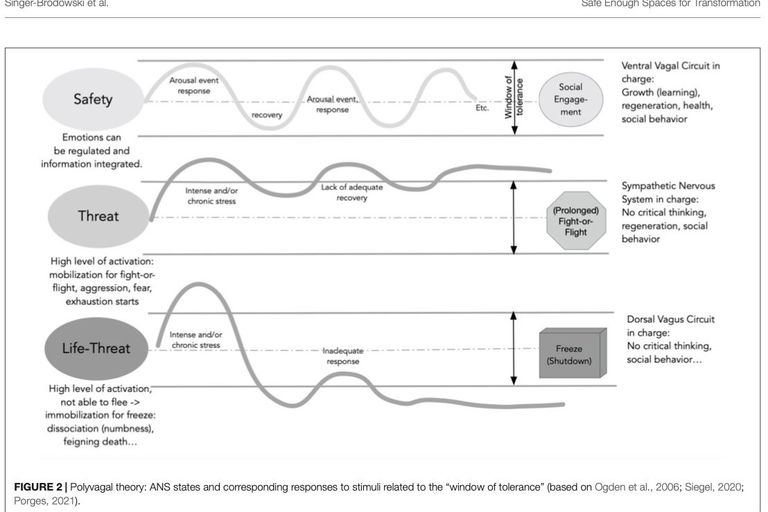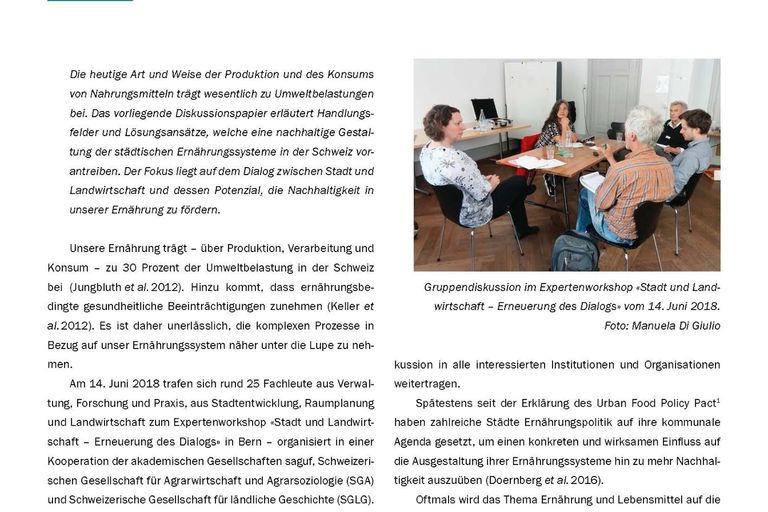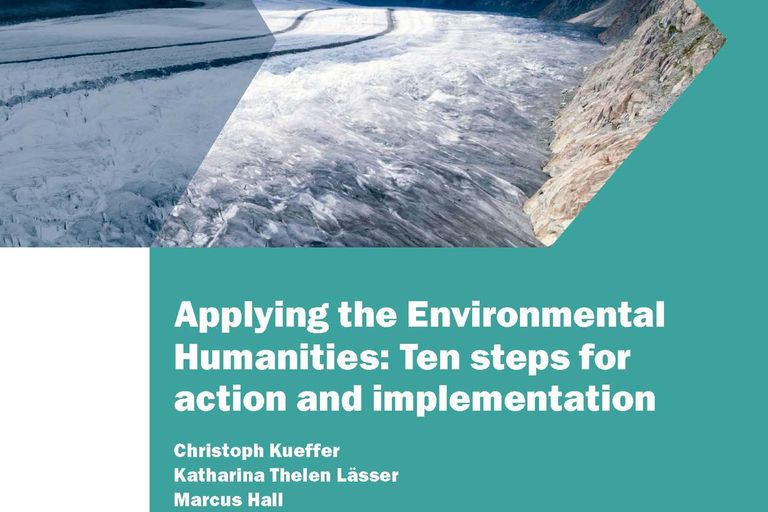Stratégie saguf 2024-2028: Engagement pour une science transformative orientée vers la durabilité
Avec sa stratégie 2024-2028, la saguf s'engage à renforcer la science transformative et orientée vers la durabilité en Suisse. Grâce à quatre orientations stratégiques, elle développe et réfléchit à des approches méthodologiques innovantes, intensifie le dialogue avec la jeune génération, met en place des partenariats solides au sein du système scientifique et renforce la visibilité dans la pratique de la recherche transformative sur la durabilité. La saguf crée des liens entre différentes approches et disciplines scientifiques, entre les institutions et les acteurs de toutes les régions linguistiques de Suisse - et elle invite à participer activement à la transformation.
Image : saguf
Facing Crises of Unsustainability: Creating and Holding Safe Enough Spaces for Transformative Learning in Higher Education for Sustainable Development
The multiple crises of unsustainability are provoking increasing stress and unpleasant emotions among students. If higher education is to fulfill its mission to support transformation processes toward sustainable development, it must adapt its pedagogical approaches to help students deepen their critical thinking and empower them to engage in these transformation processes. The manuscript explores how learners and educators can cultivate engaged critique by acknowledging their own embeddedness in neoliberal dynamics and opening up so-called transformative spaces for institutional change. Finally, recommendations for educational practices in higher education for sustainable development are offered.
Image : sagufSustainability-Oriented Transformative Learning and Teaching in Higher Education
To contribute to sustainability transformations, learning and teaching at higher education institutions must become trans-formative. A group of experts met for a one-day workshop organized by the Swiss Academic Society for Environmental Research and Ecology (saguf). This paper presents key findings from the discussion.
Image : sagufTowards shared research
Intercultural, interdisciplinary, and transdisciplinary research interfaces confront researchers with considerable challenges. The book portrays how scholars from different disciplinary and geographical origins and at various academic career stages strive for a more inclusive and better understanding of knowledge about African environments.
Image : saguf
Document de synthès: Dialogue entre ville et agriculture
Aujourd’hui, la façon de produire et de consommer des aliments contribue de manière significative à l’impact environnemental. Ce document de synthèse présente des champs d’actions et propose des solutions qui visent à une conception durable des systèmes alimentaires urbains en Suisse. L’accent est mis sur le dialogue entre la ville et l’agriculture et le potentiel de celui-ci à promouvoir la durabilité au sein de notre alimentation.
Image : saguf
Applying the Environmental Humanities: Ten steps for action and implementation
There is a growing perception in society and among decision makers that addressing environmental problems requires fundamentally new approaches. This report is based upon a survey of practitioners who work in the field of Environmental Humanities and summarizes ten steps for action and implementation.